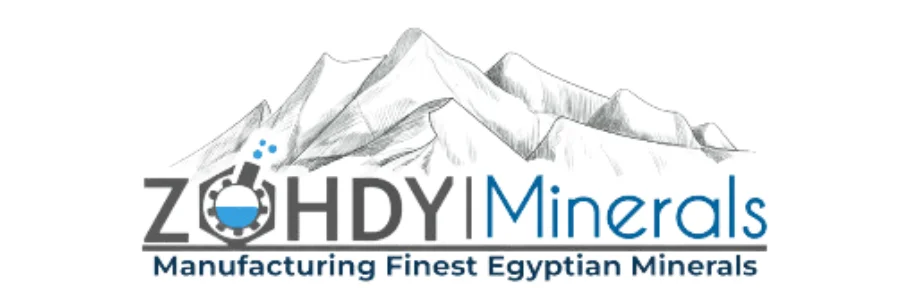Calcium carbonate is widely used in the PVC (polyvinyl chloride) pipe industry as a key additive. It serves multiple purposes and provides several benefits to the manufacturing process and the final product itself. Here are some of the primary uses of calcium in the PVC pipe industry:



1. Filler Material
Calcium acts as a filler material in PVC pipe production. It is added to the PVC resin to increase the volume of the material while reducing costs.
By incorporating calcium as a filler, pipe manufacturers can maintain the desired pipe thickness while using less PVC resin, which is typically more expensive.
2. Impact Modification:
Calcium can enhance the impact resistance of PVC pipe. It helps to toughen the material and improve its ability to withstand mechanical stress, such as impact or pressure. This is particularly important for PVC pipe used in construction and plumbing applications, where they may be subject to heavy loads or accidental impacts.
3 Heat Stabilization
PVC pipe need to withstand high temperatures during manufacturing processes, such as extrusion or injection molding. Calcium is used as a heat stabilizer in PVC pipe production to prevent degradation of the polymer chain and maintain the material’s structural integrity. It helps PVC pipe retain their shape and strength when exposed to elevated temperatures.
4. Dimensional Stability
Calcium aids in improving the dimensional stability of PVC.
It helps to reduce shrinkage and warping during the cooling and solidification process, ensuring that the pipes maintain their intended shape and size. This is crucial for achieving accurate pipe dimensions and ensuring proper fit and function in various applications.
5. Processing Aid
Calcium acts as a processing aid in PVC manufacturing.
facilitates the flow of the PVC melt during extrusion or injection molding processes, improving the material’s processability and allowing for more efficient production.
The addition of calcium can enhance the melt flow properties of PVC, making it easier to shape into pipes of various sizes and configurations.
6. UV Stabilization
Calcium is sometimes used as a UV stabilizer in PVC . It helps protect the pipes from the harmful effects of ultraviolet (UV) radiation,
which can cause degradation and discoloration over time.
By incorporating calcium with UV stabilizing properties, PVC can have increased resistance to UV-induced damage, making them more durable and longer-lasting.
It’s important to note that the amount and type of calcium used in PVC pipe production may vary depending on the specific requirements of the pipes and the manufacturing process. Manufacturers typically optimize the formulation to achieve the desired mechanical properties, cost-effectiveness, and performance characteristics.
Overall, calcium plays a crucial role in the PVC industry, providing benefits such as cost reduction, impact modification, heat stabilization, dimensional stability, improved processability, and UV protection.
Its versatile properties make it a valuable additive in PVC manufacturing, contributing to the overall quality, durability, and performance of the pipes.
We mentioned six uses in this Article about Calcium in Pvc industry
1.Filler Material
2.Impact Modification
3.Heat Stabilization
4.Dimensional Stability
5.Processing Aid
6.UV Stabilization
To order send us
Read more
6 uses of Calcium In Brake Composite
5 important uses Calcium In Welding Electrodes
6 important uses Calcium In Oil & Gas
8 important uses of Calcium In Construction
7 important uses Calcium in Leather
8 uses of Calcium in Cosmetics
10 Uses of Calcium in Adhesive
7 uses of Calcium in Ceramic Industry






